Bengaluru: The Karnataka government has announced the Karnataka Clean Mobility Policy 2025-30, an ambitious initiative aimed at making the state a leader in sustainable and clean transportation.
With a planned investment of Rs 50,000 crore and the creation of one lakh jobs, the policy focuses on the entire clean mobility ecosystem, including electric vehicles (EVs), hydrogen fuel cell vehicles, battery manufacturing, charging infrastructure, and research & development.
Transforming Karnataka into Asia’s Clean Mobility Hub
Karnataka has been a frontrunner in the EV sector, attracting Rs 25,000 crore in investments across battery pack and cell manufacturing, component production, charging infrastructure, and OEMs (Original Equipment Manufacturers).
The new policy aims to take this momentum further by making Karnataka the number one destination in Asia for clean mobility.
The policy outlines three primary objectives:
- Establishing Karnataka as the top clean mobility hub in Asia through equitable and sustainable development.
- Accelerating clean mobility adoption by enhancing charging infrastructure and hydrogen stations.
- Fostering an innovation-driven clean mobility ecosystem by encouraging R&D, skill development, and industry-academia collaboration.
Key Highlights of the Karnataka Clean Mobility Policy 2025-30
Massive Investment and Job Creation
The Karnataka government aims to attract Rs 50,000 crore in investments across the clean mobility value chain and generate one lakh new jobs over the next five years.
Expanding the EV and Hydrogen Ecosystem
The policy supports the manufacturing of EVs (both fixed and swappable battery models), hydrogen-based vehicles, fuel cell electric vehicles, and clean mobility components such as batteries, battery management systems, and EV-specific electronics.
Additionally, the government will promote battery recycling and reusability through dedicated centres.
Strengthening Charging and Hydrogen Infrastructure
With over 5,400 EV charging stations already installed, Karnataka plans to expand fast-charging networks and hydrogen refuelling stations:
- 500 fast-charging stations with Rs 10 lakh subsidy per station.
- 500 battery swapping stations with subsidies up to Rs 3 lakh for 2W/3W, Rs 5 lakh for cars, and Rs10 lakh for buses.
- 25 hydrogen stations with a Rs 1 crore subsidy per station.
- Special tariffs and incentives for EV charging providers.
Special Incentives for Clean Mobility Enterprises
The government will offer capital subsidies, tax exemptions, and land incentives for manufacturers and suppliers across the clean mobility sector:
- MSMEs will get capital subsidies ranging from Rs 10 lakh to Rs 35 lakh based on investment size and location.
- Large and mega enterprises will receive capital investment subsidies of up to 25 per cent of their fixed assets.
- 100 per cent exemption on stamp duty and land conversion fee reimbursement.
- Tax exemptions on EV registrations to encourage adoption.
Establishment of Clean Mobility Clusters
To boost localized manufacturing, Karnataka will set up three Clean Mobility Clusters in Chikkaballapur, Dharwad, and Ramanagara, offering ready-to-occupy land, incubation centres, and common testing facilities.
Research, Skill Development, and Start-up Support
- 30 per cent R&D reimbursement for breakthrough innovations in battery technology.
- Expansion of EV-related courses in ITIs, polytechnics, and universities.
- Establishment of venture capital funds for clean mobility startups.
- Collaboration with global universities for knowledge exchange in clean mobility technologies.
A State-Level Coordination Committee, led by the Additional Chief Secretary of Commerce & Industries, will monitor the policy’s execution and recommend course corrections. A Technical Committee will define and certify enterprises eligible for incentives under the policy.
The Karnataka Clean Mobility Policy 2025-30 is a strategic step towards making Karnataka a global leader in sustainable transportation.
By focusing on manufacturing, infrastructure, R&D, and skill development, the policy aims to create a comprehensive clean mobility ecosystem, further strengthening Karnataka’s position as India’s EV and clean mobility hub.
Also read –
Mahindra Group Plans Rs 40,000 Crore Investment in Karnataka, Focus on Green Energy and Mobility



















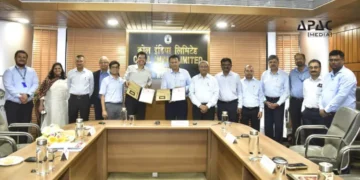
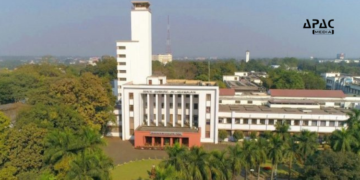





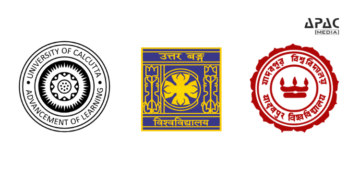
















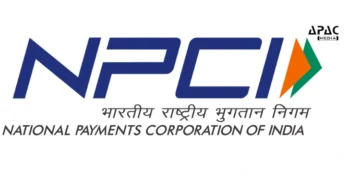



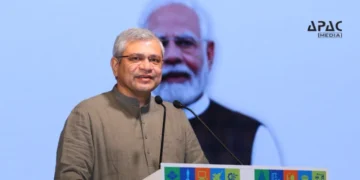

















Discussion about this post